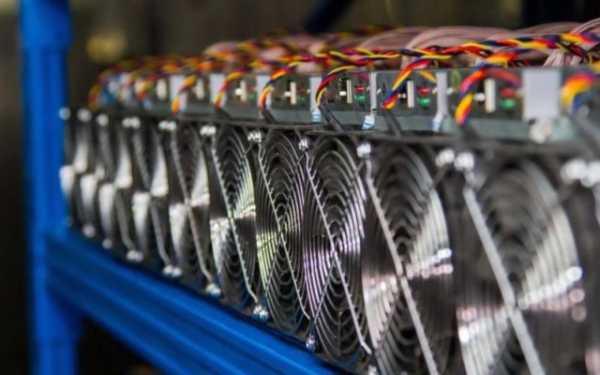Core Scientific Could Surpass $30 in CoreWeave Deal: Cantor Fitzgerald

In a research report released late Thursday, Cantor Fitzgerald argued that Core Scientific (CORZ) could fetch more than $30 per share if it is acquired by cloud giant CoreWeave, citing both the stable cash flows from its AI contracts and the replacement value of its data centers.
That would be almost double the current price, which is just over $16.

The report came just hours after The Wall Street Journal reported that AI cloud computing company CoreWeave is back in active talks to buy Core Scientific after failing to bid for $5.75 per share in 2024.
CORZ shares rose 33% to close at $16 on Thursday, but Cantor believes the company is still at least 50% undervalued.
Underpinning the optimistic forecast is a 12-year, $3.5 billion infrastructure lease agreement that Core Scientific signed with CoreWeave in 2024 to provide 200 megawatts of AI capacity.
Cantor values the rental flow at $24 per share, applying a conservative 15x earnings multiple typically used for traditional data center REITs. Adding another $11.70 per share for the replacement cost of CORZ's 570 MW of power infrastructure, the upside becomes clear.
BTC – AI's Tipping Point
However, Cantor is not alone in arguing that the computing power used to process data in BTC mining could be more effectively directed towards AI.
Rittenhouse Research, a new fintech and AI-focused firm, released a report in May arguing that the most successful crypto companies aren’t betting on Bitcoin. Instead, they’re shifting to providing AI infrastructure.
Rittenhouse noted that when Galaxy Digital acquired the Helios data center in late 2022, it seemed like a lifeline for a cash-strapped mining company, but it later became a strategic asset in the AI space as demand for data centers skyrocketed with the rise of ChatGPT and LLM.
“The infrastructure used to mine digital gold is better suited to processing AI algorithms,” Rittenhouse wrote at the time.
The main argument is that AI generates stable, long-term cash flows, unlike BTC mining, whose revenues fluctuate wildly every four years due to halvings and are dependent on Bitcoin price volatility cycles.
Rittenhouse also mentioned that the future profitability of BTC mining will depend on the ability of mining companies to design chips that are significantly more efficient with each cycle, given the halving, which is becoming increasingly challenging as the gains from silicon compression begin to wane.
However, not every shift from BTC is successful.
While Cantor and the market at large are eagerly awaiting Core Scientific's possible pivot, not all of the moves away from BTC mining have been positive.
As CoinDesk recently reported, Bit Digital is selling off its Bitcoin rigs to focus entirely on Ethereum staking, sending its shares down 15% during Thursday's trading session in New York.
Canaan, which once hoped to diversify into AI hardware, has now shuttered its chip unit entirely, failing to gain traction. Its shares have fallen nearly 75% in the past six months, closing at 63 cents on Thursday.
However, Core Scientific may have found the best path by using its mining capabilities to take advantage of the $100 billion-plus AI infrastructure boom.
If Cantor's guess is correct, CoreWeave's second proposal for CORZ could be significantly different from the one made last year, and could set a new benchmark for the entire sector.
Neither CoreWeave nor Core Scientific have publicly commented on the statement.
Source: cryptonews.net



